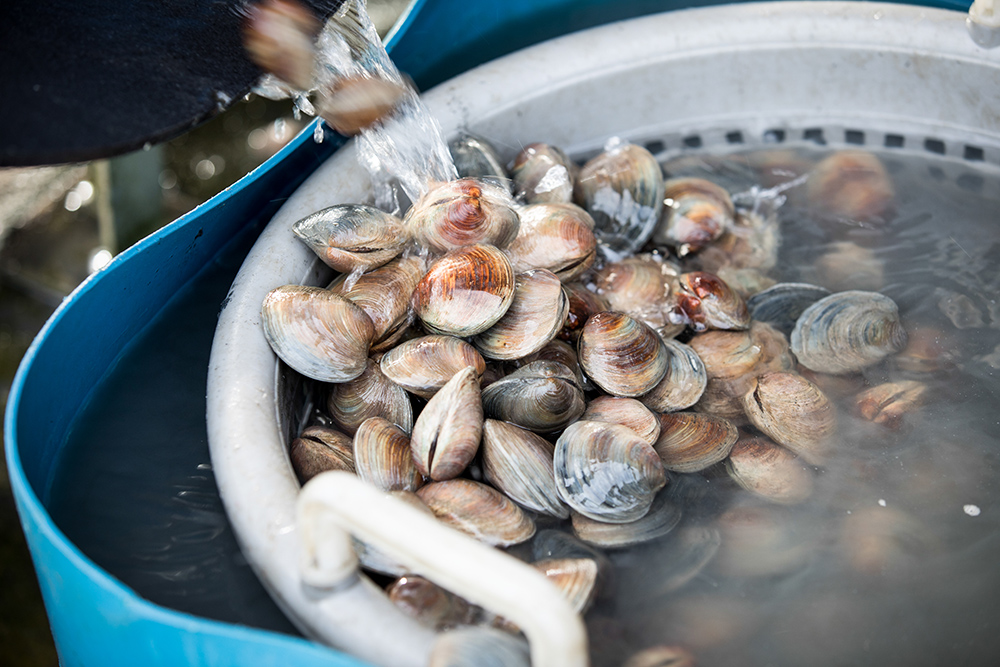 CAES News
CAES News
Investing in rural America through integrative precision agriculture
Meet George Vellidis, director of the University of Georgia's Institute for Integrative Precision Agriculture. UGA launched the institute in 2022 to leverage interdisciplinary faculty expertise and industry ties to advance this field. “As researchers, it’s easy for us to work as individuals to solve a particular task,” said Vellidis. “But when we work together to look at problems from different perspectives, we come up with optimal solutions for even bigger challenges.”








